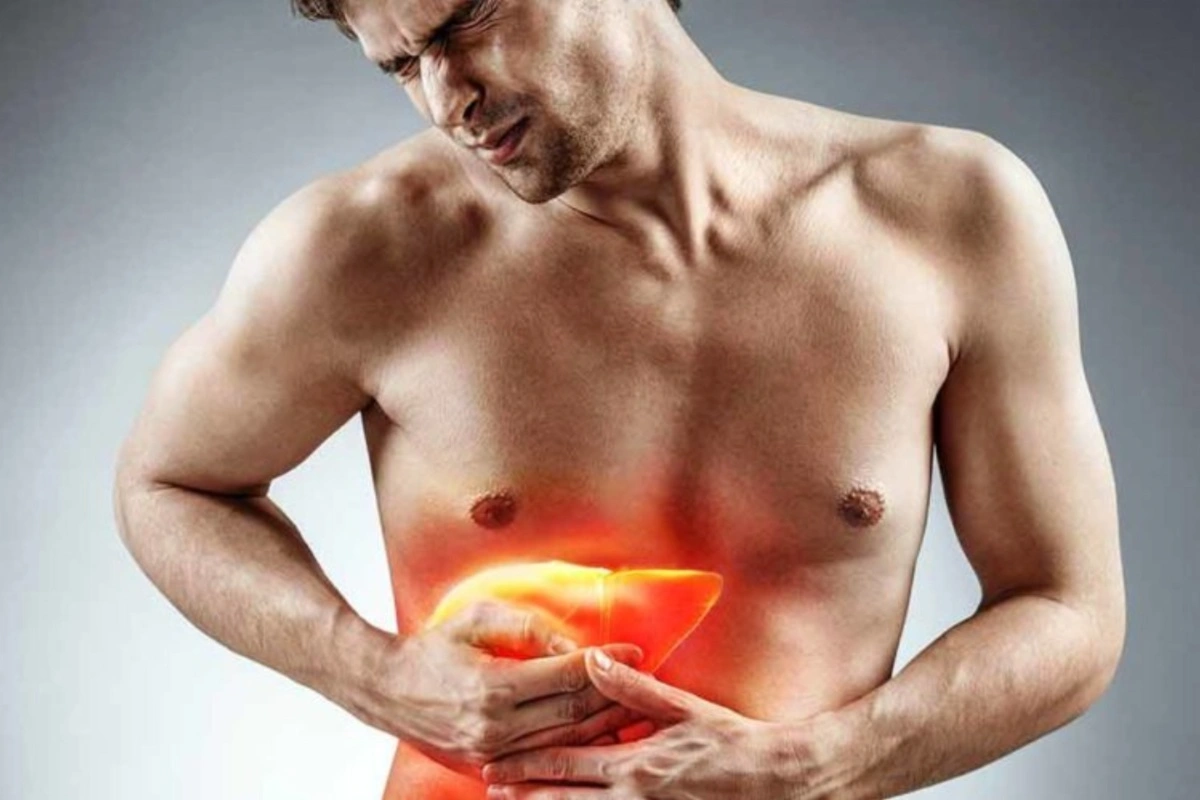Fatty liver is a silent health issue that often goes unnoticed until serious complications arise. Many people may not realise they have the condition because early symptoms are subtle. Detecting it early is crucial, as timely medical care and lifestyle changes can prevent progression. Harvard liver specialist Dr Saurabh Sethi recently shared key insights on warning signs to watch for, helping people protect their liver health.
In a recent video, Dr Sethi says – “I’m a liver specialist, and here are key signs of fatty liver disease you should watch out for.”
Fatty Liver: Early Signs To Watch
Unexpected Weight Gain
One of the first indicators of fatty liver is unexpected weight gain, especially around the abdomen. If your belly is growing despite no significant changes in diet or activity, it could signal fat accumulation in the liver.
Persistent Fatigue and Weakness
Feeling constantly tired or weak, even after adequate rest, may indicate your liver is struggling. Fatigue is often an early symptom of liver dysfunction.
Abdominal Pain and Swelling
Discomfort or swelling in the upper right side of the abdomen can be a warning sign. This may suggest liver inflammation or enlargement, which is common in fatty liver disease.
High Blood Sugar Levels
High blood sugar levels are often linked to insulin resistance, a condition frequently seen in people with fatty liver. Those with prediabetes or type 2 diabetes are at higher risk of liver fat buildup.
Changes in Urine and Stool Colour
Dark urine and pale stools can indicate that the liver is not processing bile properly. These changes are a subtle but important sign of liver dysfunction.
Yellowing of Skin and Eyes (Jaundice)
In more advanced stages, yellowing of the skin and eyes, known as jaundice, may occur. This signals that liver function is severely compromised.
High Cholesterol Levels
Fatty liver often coexists with high cholesterol. Elevated cholesterol can increase health risks and indicate liver stress.
Easy Bruising and Bleeding
In severe cases, easy bruising and bleeding can appear due to impaired liver production of blood-clotting factors. This is a sign of advanced liver disease and should never be ignored.
Why Early Detection Is Important?
Dr Sethi emphasises that early detection is key. Consulting a liver specialist upon noticing these signs can prevent fatty liver from progressing to cirrhosis or liver failure. Maintaining a healthy weight, managing blood sugar, eating a balanced diet, and regular check-ups are practical steps to protect your liver.
Recognising these warning signs early can be life-changing. Stay vigilant, listen to your body, and act promptly to manage fatty liver effectively and support overall health.
